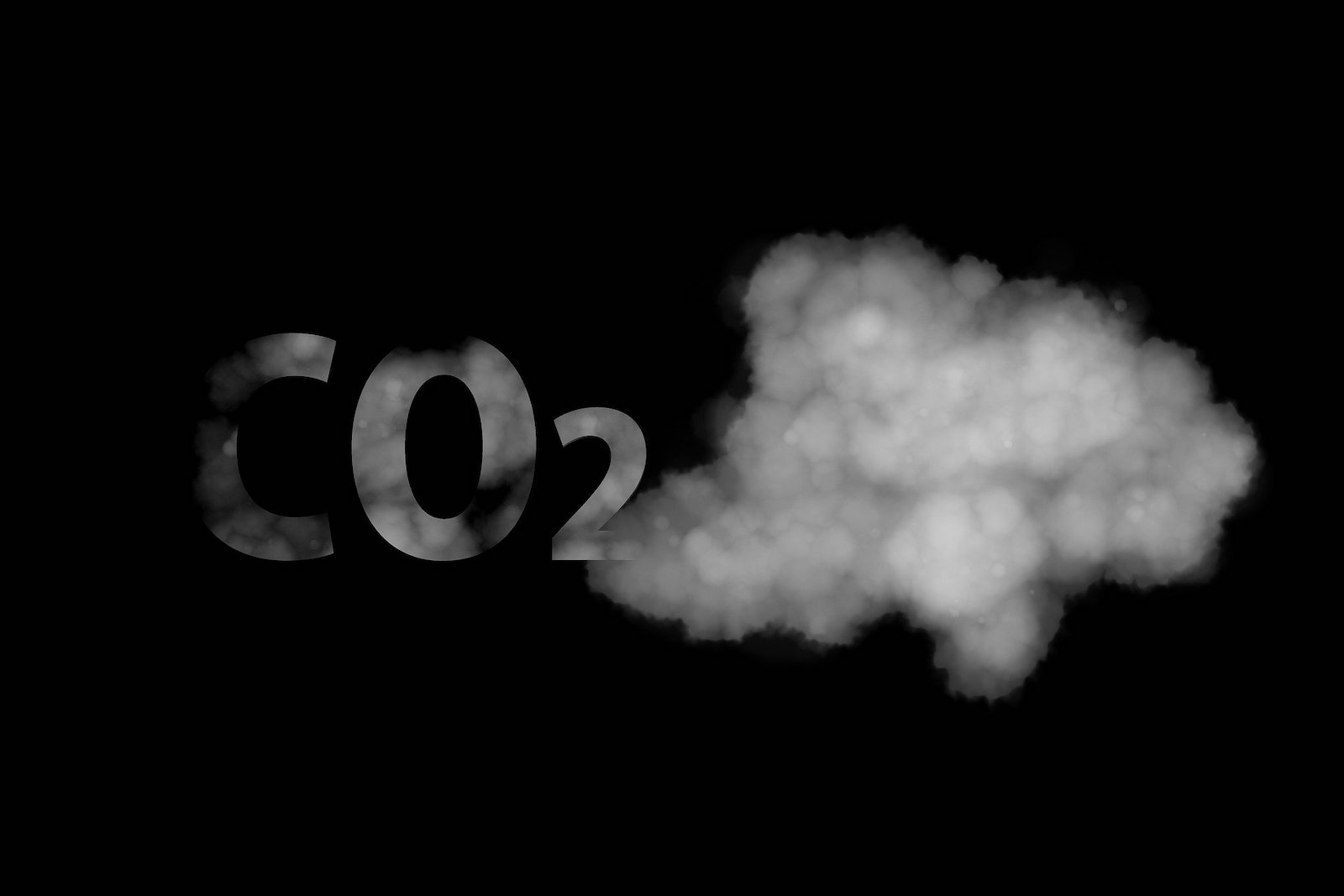Researchers at Worcester Polytechnic Institute have developed a new CO2-absorbing material that’s a low-cost alternative to concrete.
Cement production is one of the largest contributors to climate change. As published in the journal Matter, the research has led to the creation of a self-healing Enzymatic Construction Material that the research team describes as a “living material” that “provides a pathway to repair or even replace [traditional] concrete in the future.”
The material uses an enzyme, carbonic anhydrase, found in all living cells. Carbonic anhydrase efficiently reacts with CO2, and “has the unique ability to rapidly remove the greenhouse gas from the atmosphere. This property has allowed us to formulate a carbon-negative material,” says Richard Whitcomb Professor of Chemistry and Biochemistry Suzanne Scarlata.
Researchers say the material has “outstanding” compression strength, rivaling traditional mortar, making it strong enough to use in the construction of bridges or buildings as compressive elements. The research team plans to take steps to bring the material out of the lab soon and work toward commercialization.
Related Stories
Codes and Standards | Aug 11, 2021
Decentralized approach to codes means emissions reduction responsibility falls on local officials
Efficiency advocates focusing more on local code amendments.
Codes and Standards | Aug 10, 2021
Dept. of Energy issues model energy code determinations for commercial, residential buildings
2021 IECC offers 9.4% site energy savings.
Digital Twin | Aug 9, 2021
Digital Twin Maturity white paper offers guidance on digital twin adoption
Provides lifecycle map and an approach for incorporating digital twins.
Codes and Standards | Aug 5, 2021
Contractors can be liable for building failures many years after project completion
Personal injury suits could be brought decades after substantial completion.
Codes and Standards | Aug 4, 2021
Mass timber is a natural choice for building recycling through deconstruction
Designing wood buildings to optimize recovery of materials for disassembly aids carbon sequestration.
Codes and Standards | Aug 3, 2021
Dept. of Energy releases initial version of the Spawn of EnergyPlus software
Targets new use cases in advanced controls, district systems, and grid integration.
Codes and Standards | Aug 2, 2021
Several U.S. cities among most expensive places to build in the world
San Francisco, New York, and Boston head the domestic list.
Codes and Standards | Jul 28, 2021
American Concrete Institute creates new director of innovative concrete technology post
Aim is to attract emerging technologies for development.
Codes and Standards | Jul 28, 2021
Higher ed faces infrastructure backlog of $112.3 billion
Study recommends integrated strategic planning for best results.
Codes and Standards | Jul 27, 2021
Add a wobbly moon to flooding risk factors
Earth satellite’s orbit variations will lead to sunny-day flooding in the mid-2030s.

















